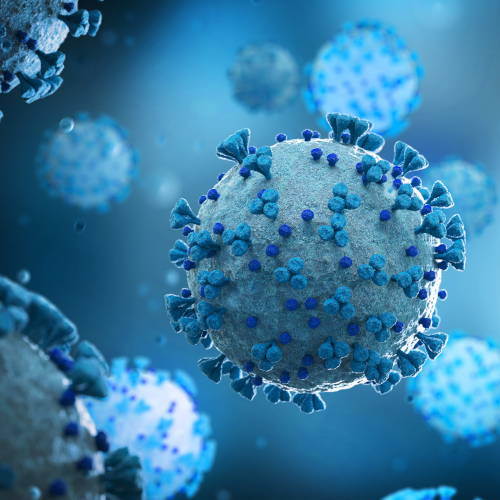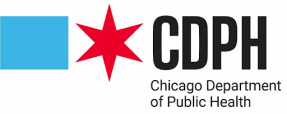COVID-19 Home


COVID-19 is a disease caused by the SARS-CoV-2 virus. It can be very contagious and spread quickly. Anyone infected with COVID-19 can spread it, even if they do not have symptoms. Most people with COVID-19 have mild symptoms, but some people can become severely ill, including those who are over 65, immunocompromised and have underlying health conditions. Some people, including those with minor or no symptoms, can develop post-COVID conditions also known as “Long Covid”.
About COVID-19
How COVID-19 Spreads
COVID-19 spreads when an infected person breathes out droplets and very small particles that contain the virus. Other people can breathe these droplets and particles, or they can land on others’ eyes, nose or mouth. Anyone infected with COVID-19 can spread it, even if they do not have symptoms.
Testing
Testing can help you know if you have COVID-19 so you can decide what steps to take to reduce your risk of severe illness and lower your chances of spreading the virus to others. There are multiple testing options including lab-based PCR and at-home antigen tests.
- Visit COVIDtest.gov to order 4 free COVID-19 at-home antigen tests or purchase them from pharmacies and retail stores.
- Visit a community-based testing location, such as a pharmacy or health center near you.
Visit the CDC’s testing for COVID-19 page to learn more about when to get tested, and how to choose the right test for you.
For a complete list of authorized COVID-19 tests, visit the FDA’s website.
People at Higher Risk
Some people are more likely than others to get very sick from COVID-19. This includes people who:
- are over 65 years old
- are immunocompromised
- have certain disabilities or
- have underlying health conditions
Protect Yourself and others against COVID-19
Viruses are constantly changing, including the virus that causes COVID-19. These changes occur over time and can lead to the emergence of new variants. The best way to slow the spread of the virus is to follow these core prevention strategies:
- Stay up-to-date with your vaccinations
- Practice good hygiene
- Take steps for cleaner air
- Seek health care for testing and/or treatment options
- Stay home and prevent spread
COVID-19 Vaccine
COVID-19 Vaccine Recommendations, 2024-25
Unvaccinated, 6 months - 4 years:
2 doses Moderna
or
3 doses Pfizer-BioNTech
Unvaccinated, >5 years:
1 dose Moderna
or
1 dose Pfizer-BioNTech
Previously vaccinated, >6 months:
1 dose Moderna
or
1 dose Pfizer-BioNTech
Who Should get Vaccinated
With rare exceptions, everyone 6 months of age and older should get a NEW updated COVID-19 vaccine.
Importance of Staying Up to Date
Getting the 2024-2025 COVID-19 vaccine is important because:
- Protection from COVID-19 vaccine decreases over time.
- Updated vaccines give you the best protection for the currently circulating strains of the virus.
Where to get vaccinated
For those with private insurance or Medicaid/Medicare:
- Visit your doctor’s office or pharmacy and be sure to bring your insurance card
- Visit vaccine.gov (English) or vacunas.gov (en espanol) to find a vaccine provider near you.
For those who are uninsured or under-insured:
- Visit one of the three CDPH Immunization Clinics. Walk-ins are welcome, but registration is highly encouraged.
- Find a complete list of CDPH vaccine clinics available on our public calendar.




